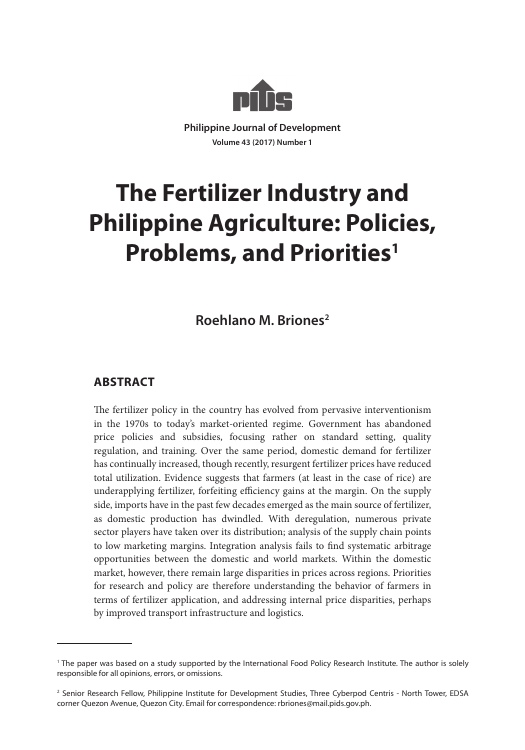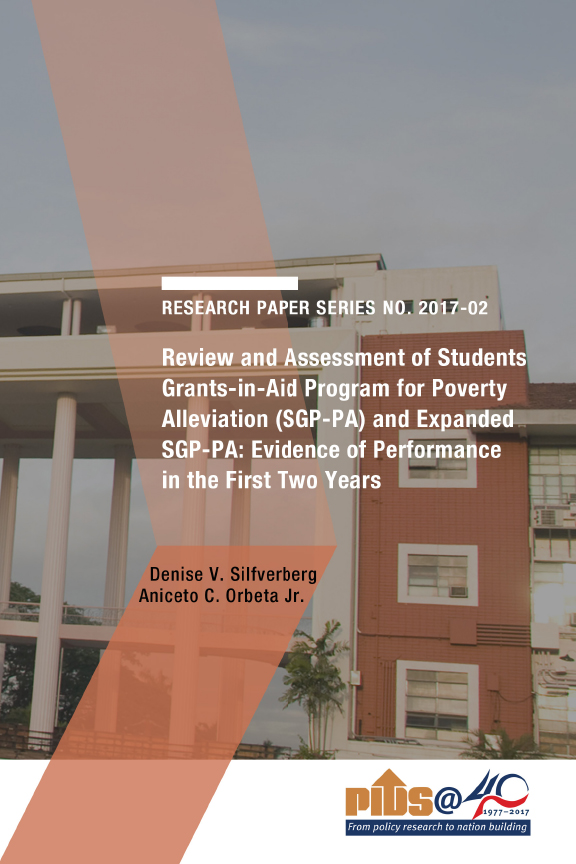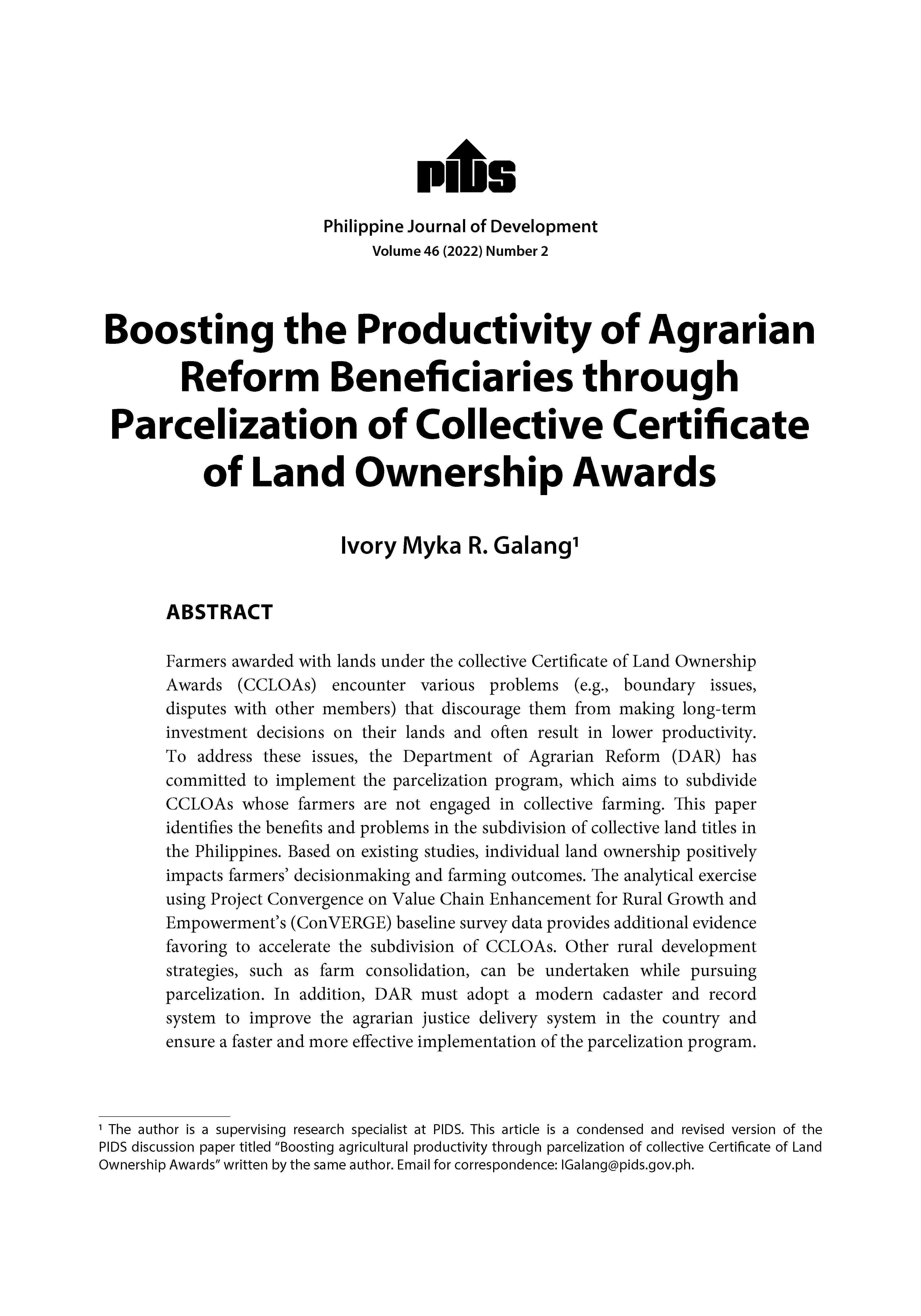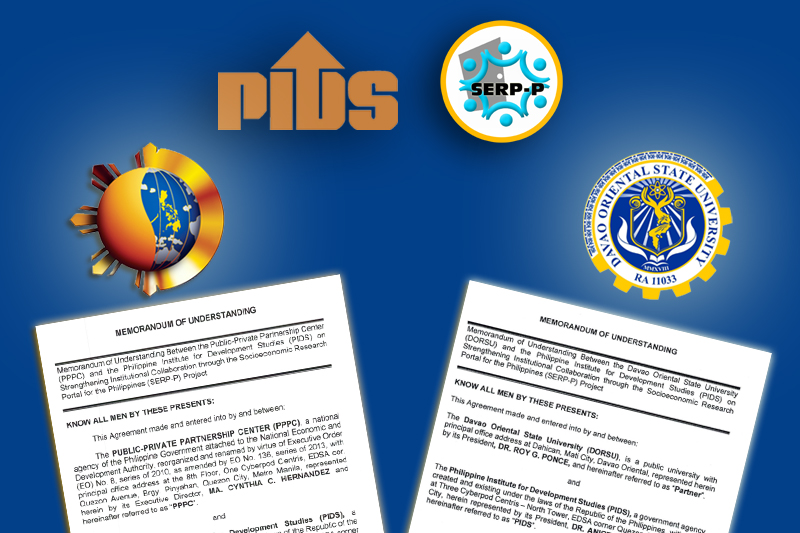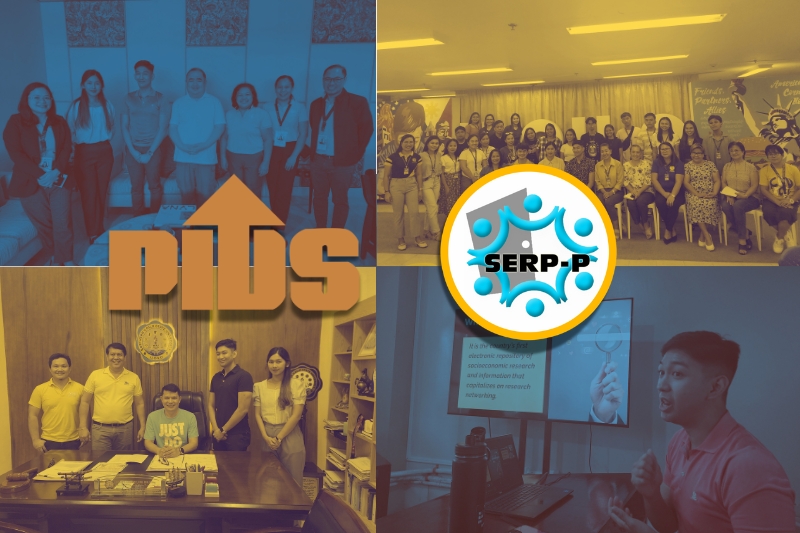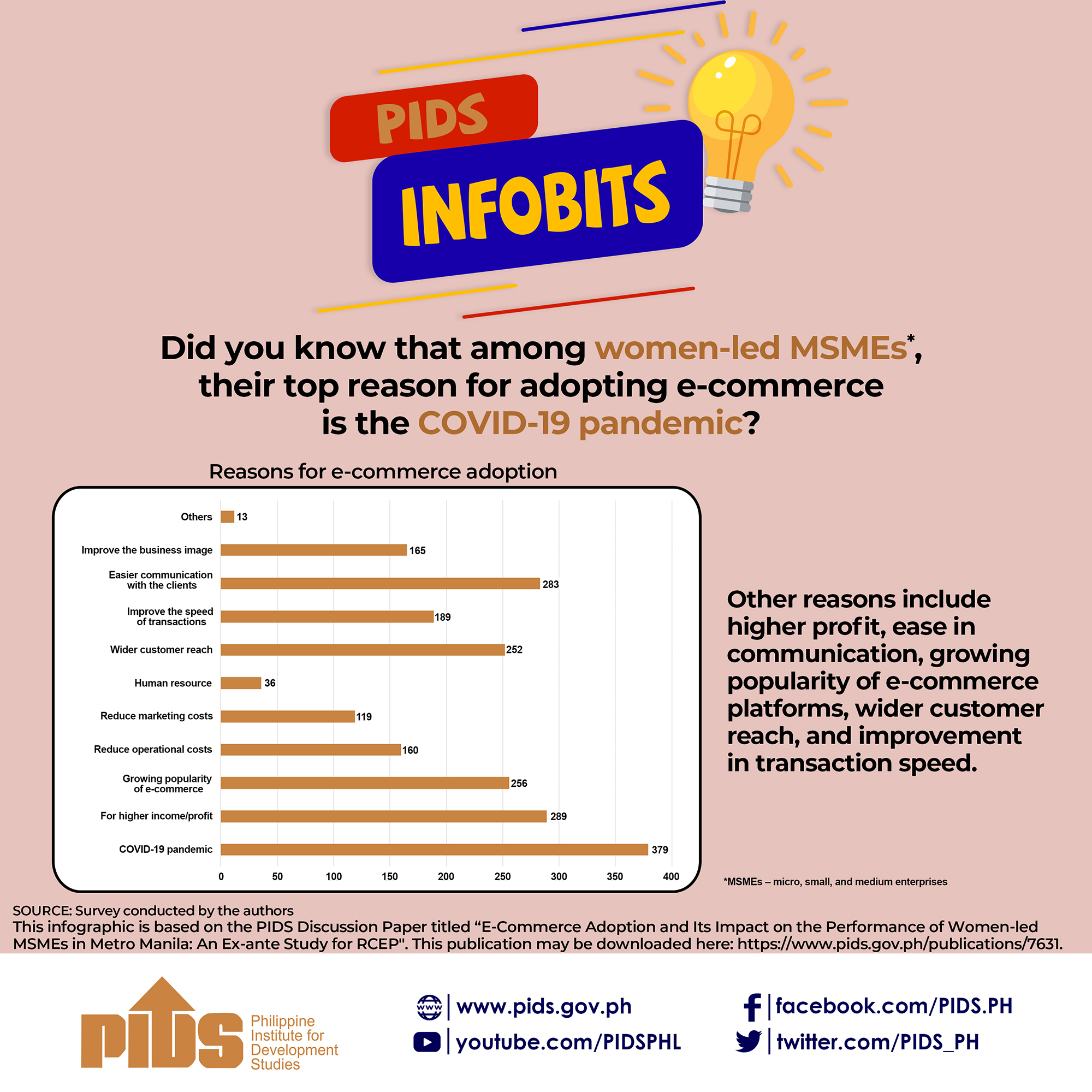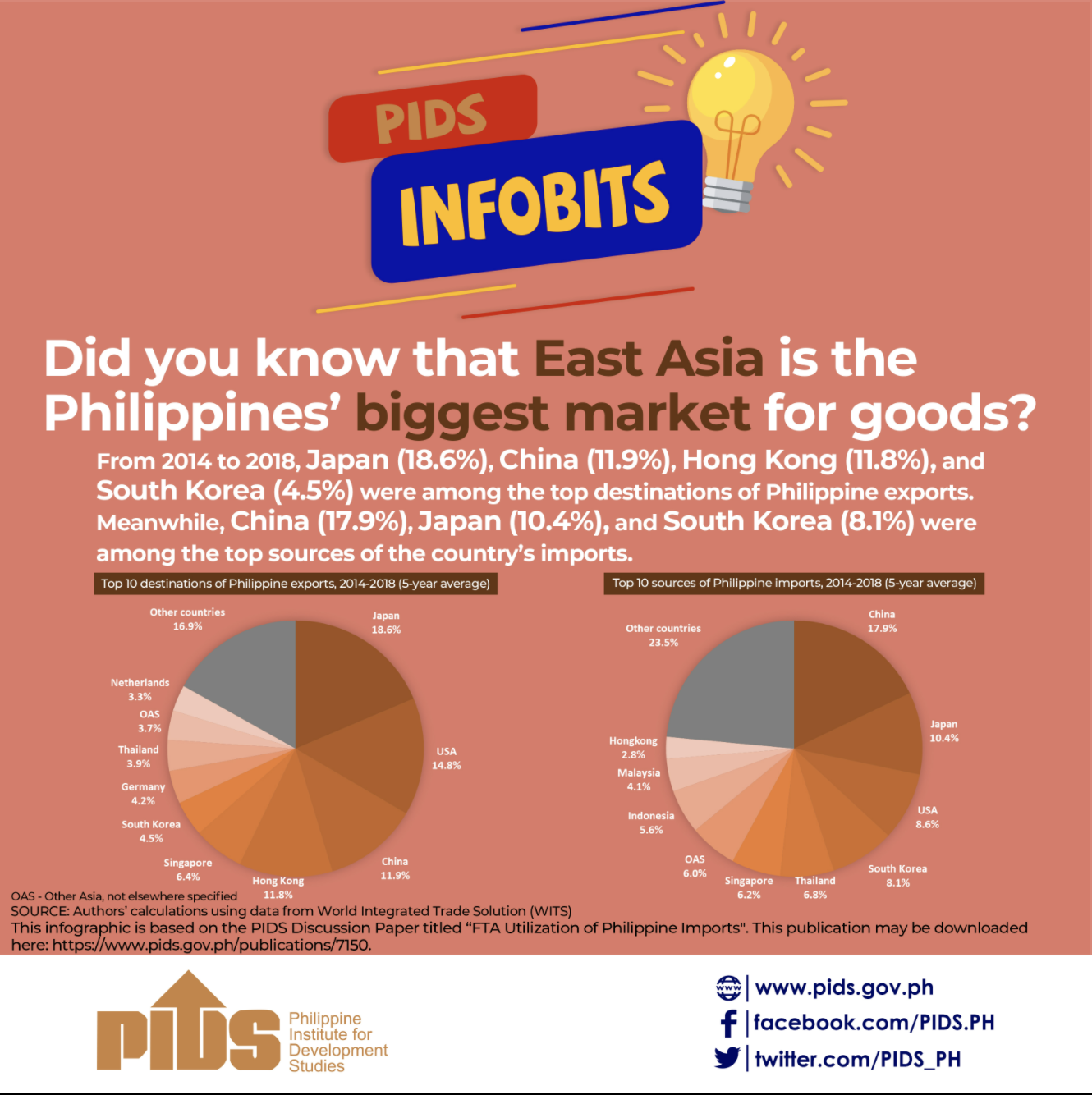The National Economic and Development Authority (NEDA) said social protection and human capital development will be among top priorities in the short to medium term under the upcoming Philippine Development Plan (PDP) 2023-2028.
Socioeconomic Planning Secretary Arsenio M. Balisacan said inadequate policies for social protection and human capital development remained a challenge that contributed to the worsening of poverty in the past two years under the Covid-19 pandemic.
“The unprecedented scale of the health and economic crisis, coupled with policy response challenges, caused such an increase in our poverty incidence,” Balisacan said in his keynote speech at the kick-off ceremony of the 8th Annual Public Policy Conference (APPC).
“Socioeconomic scarring in health and education – made worse by the poor’s limited access to adequate healthcare as well as tools for remote learning – is expected to linger if it is not remedied,” he added.
This is compounded by the poor’s vulnerability to environmental shocks and the lack of social protection that can cushion the impact of such shocks, the NEDA chief said.
Balisacan noted that the upcoming PDP 2023-2028 to be crafted by NEDA will holistically identify strategies that seek to address these inadequacies.
According to Balisacan, the PDP, which will flesh out the Marcos Administration’s 8-point Socioeconomic Agenda, aims to reinvigorate poverty reduction and job creation by guiding the economy toward a high-growth path and develop a resilient, inclusive, and prosperous society.
To achieve this, Balisacan stated that the PDP’s near-term goals will focus on improving areas related to social protection and human capital development, such as raising the purchasing power of Filipino families and reducing the harmful effects of Covid-19 on vulnerable segments of the population.
“In the near term, we must protect the purchasing power of families, mitigate the socioeconomic scarring caused by the Covid-19 pandemic, and reduce the vulnerability of the poor and marginalized sectors, all while ensuring sound macroeconomic fundamentals through efficient government processes,” said Balisacan.
He also emphasized that addressing the socioeconomic inequities and improving access to opportunities as the economy grows along a high-growth trajectory is a key policy thrust that can allow the Philippines to meet its goals for the medium term.
Organized by the Philippine Institute for Development Studies, the APPC is the culminating activity of the Development Policy Research Month (DPRM) celebration held every September.
The DPRM highlights the importance of policy research in crafting evidence-based plans, policies, and programs.

